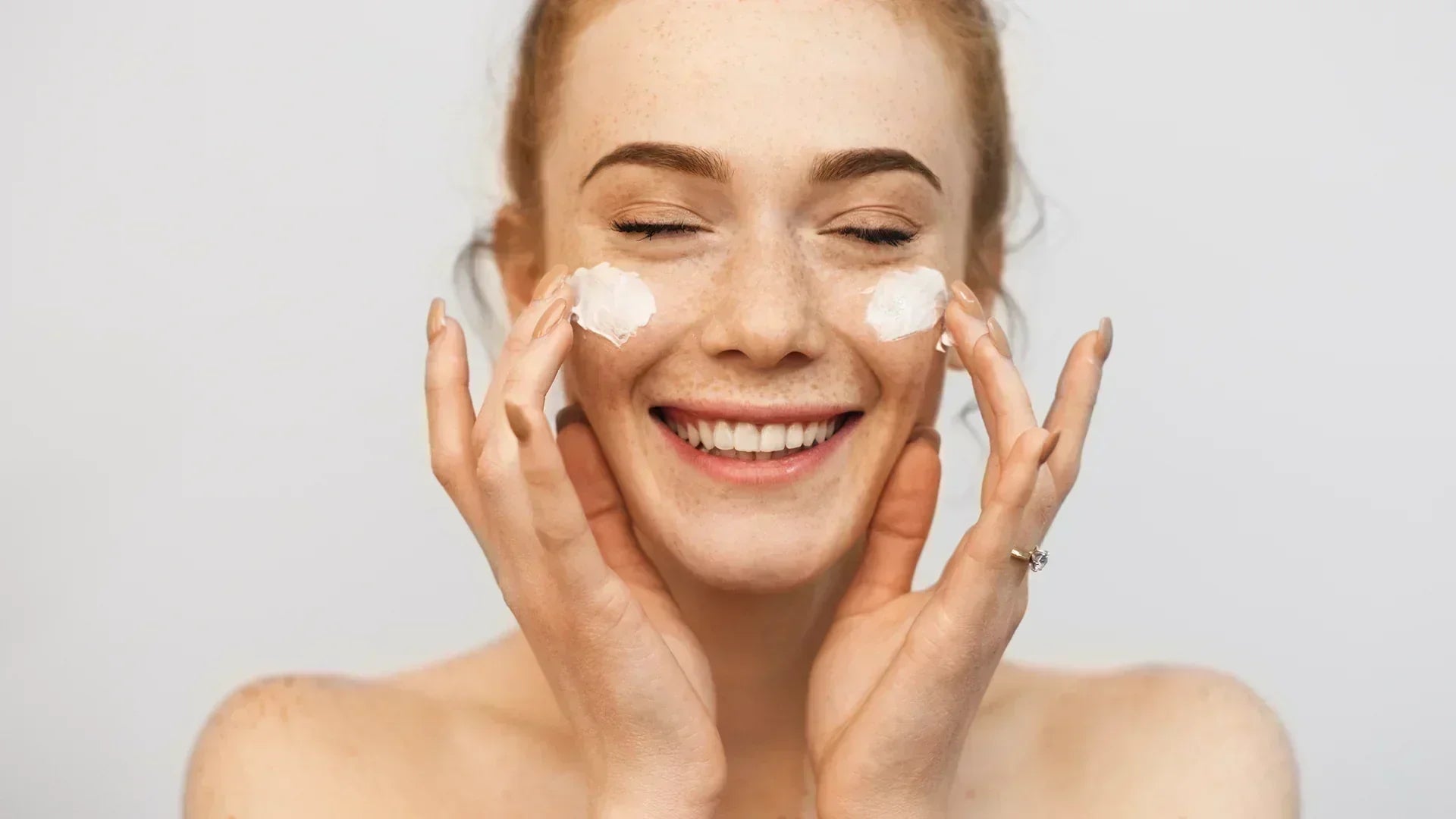Oops! It looks like this content is taking a little break to refresh and restore—just like a healthy gut.
At BioGaia, we’re always working to improve our resources and make them more ah hum, digestible. This page will be back soon, better than ever.
In the meantime, why not explore more of our site?
Stay tuned—good things are fermenting!
Beyond the surface: Understanding your skin microbiome for a healthy glow
3 minutes
Key takeaways
Benefits of kissing – How your love life affects your body and mind
While the magic of kissing needs no introduction, research now suggests that kissing is more than just a sign of affection—it can be potentially beneficial...
What are baby sleep routines and how do they work?
Sleep, and the lack of it, is a constant topic among parents. The questions are many when it comes to implementing a sleep routine for your baby, and the amount of contradictory...
A guide to balancing and supporting the skin microbiome
Our skin is home to billions of tiny organisms – bacteria, fungi, and even viruses – collectively known as the skin microbiome. Far from being...
How to help a teething baby: tips for sleep and soothing pain
When your baby begins the slow process of getting their first teeth, it may result in a loss of appetite, crying and clinginess – and...
Understanding baby cries: what is your baby trying to say?
Heidi Skudder is one of the UK’s leading early years parent coaches. In this article, we asked her to go through the most common reasons for...




